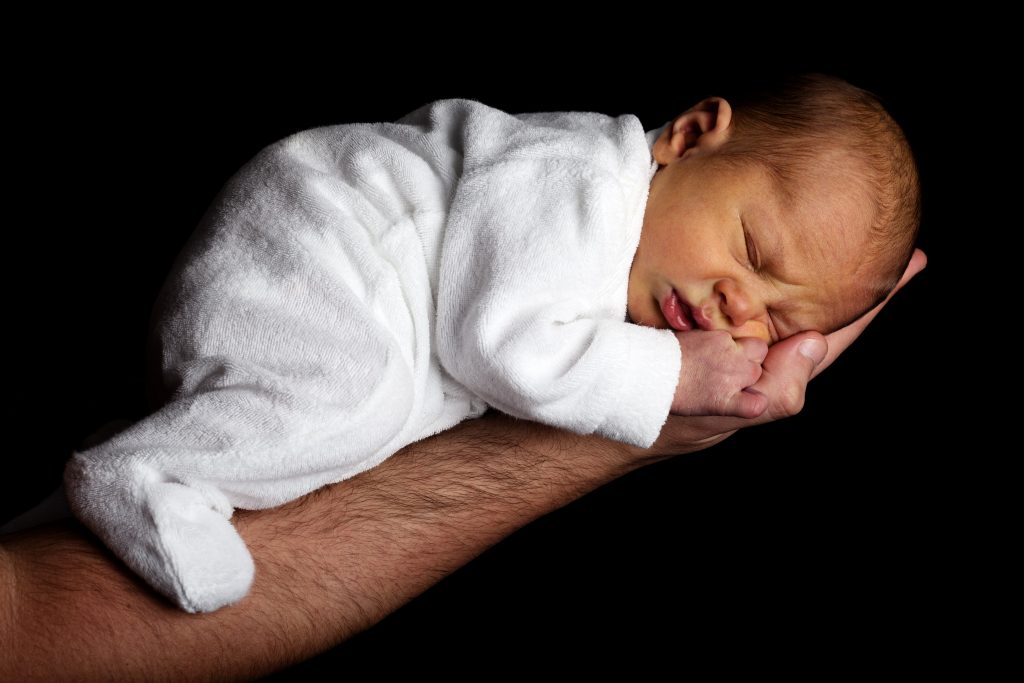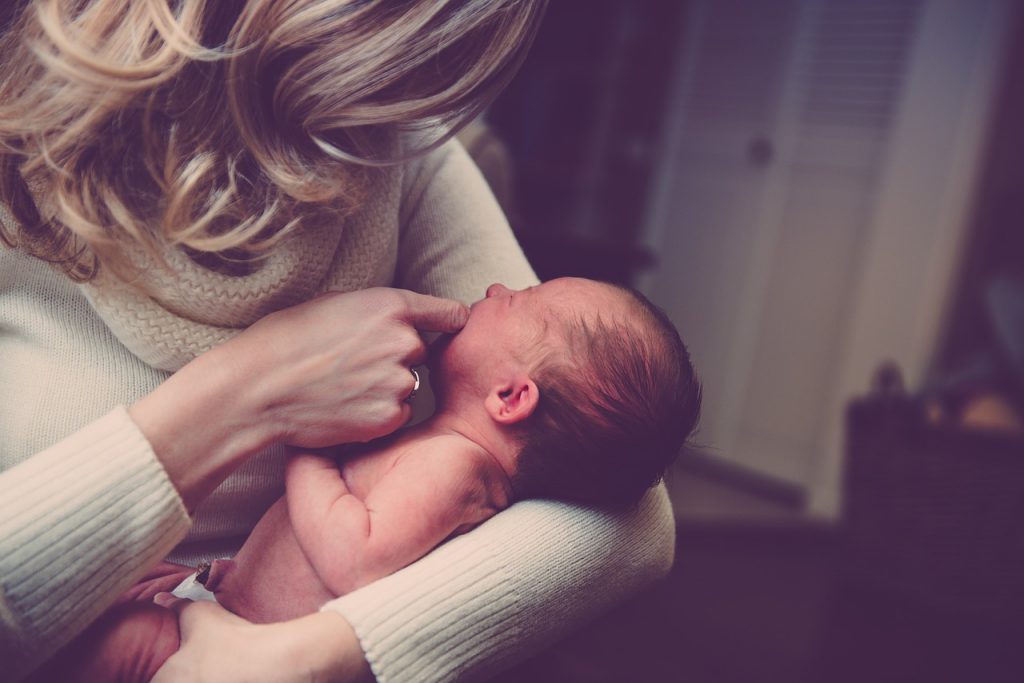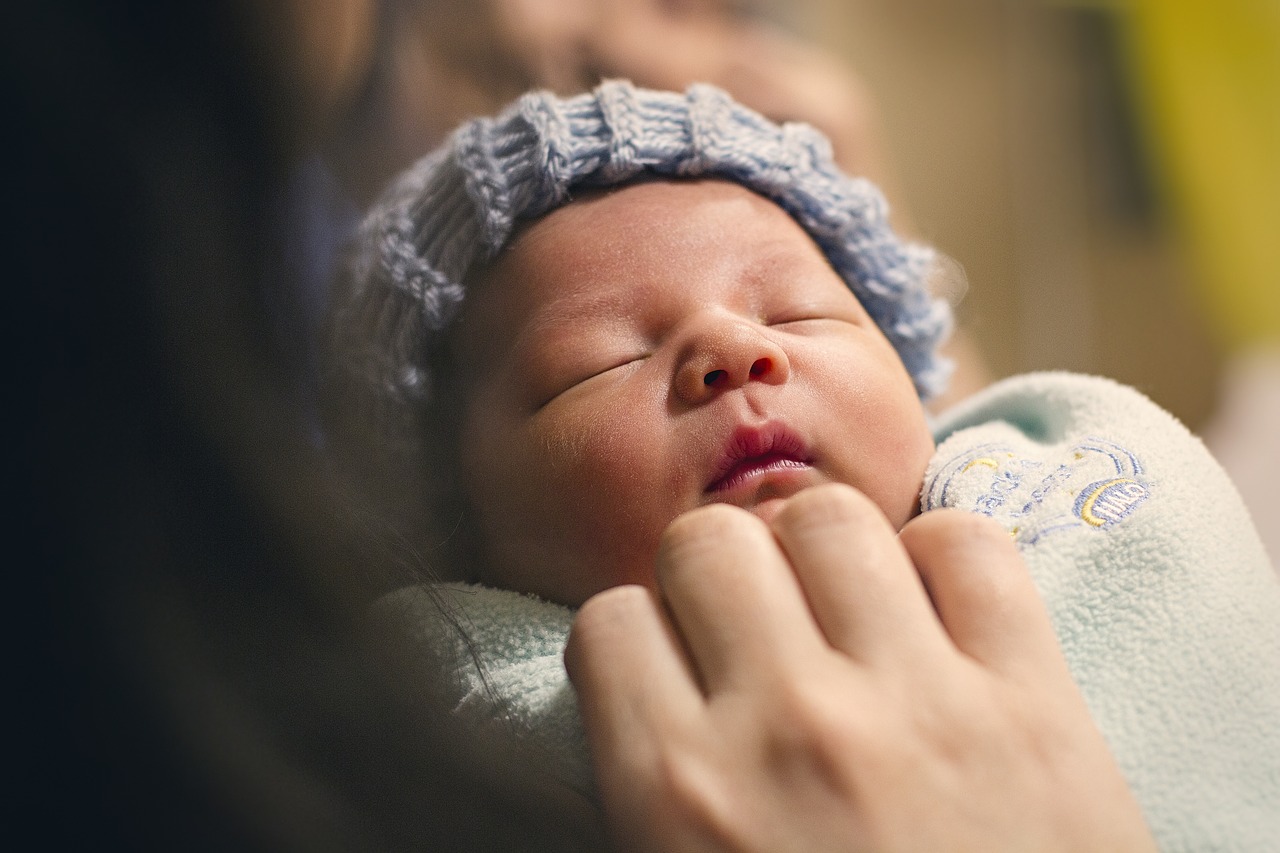Sarah Williams, Barrister and Surrogacy Law Specialist at Vardags outlines how human rights have brought discrimination against single parents of children born through surrogacy to an end. The judge who made the ruling also highlighted how this change impacts the fundamental rights of children born through surrogacy to single parents.
The new year has rolled in with some very positive news for single parents of children born through surrogacy. The law is finally catching up with society in putting all parents on an equal footing when applying for parental orders, regardless of their relationship status.
Single parents are now eligible to apply for parental orders in surrogacy arrangements, where previously this was limited to couples.
The legislation as it stood was clearly discriminatory, and although single parent applicants have known since 2016 that the law would be changed, they have had to endure a painful wait for the amended legislation to eventually find its way through parliament. As of 3 January 2019, that wait is now over.
Until now only couples have been allowed to apply for a parental order meaning that single parents had less legal standing than the surrogate in the eyes of the law.
In the UK, a woman who gives birth to a child (even if she is not biologically related to the child, in other words the woman is a gestational surrogate) is deemed to be the child’s mother and automatically granted parental status. It also applies to the woman’s spouse or civil partner, if she has one. This is the case regardless of any agreements or arrangements as to who will care for the child once it is born.
 Credit: Pixabay
Credit: Pixabay
Parental orders are orders that transfer full legal parenthood from the legal parents at the child’s birth to the intended parents. They extinguish the rights of the surrogate parent completely. Until now only couples have been allowed to apply for a parental order meaning that single parents had less legal standing than the surrogate in the eyes of the law.
Until the change in the law last week, there existed this ridiculous situation where single persons were eligible to adopt a child and enjoy the full parental rights that follow but single parents through surrogacy were unable to even apply for a parental order for their own biological child.
The fact that parental orders were unavailable left single parents and their children in legal limbo, trapped in a situation where they were caring for their biological children without the protection of being formally and legally recognised as a parent.
The fact that parental orders were unavailable left single parents and their children in legal limbo, trapped in a situation where they were caring for their biological children without the protection of being formally and legally recognised as a parent. These single parents were left sharing parental responsibility with the surrogate as they were unable to extinguish her parental rights and unable to wholly exercise their own. This resulted in a situation which was deeply unsatisfactory for both parties.
 Credit: Pixabay
Credit: Pixabay
The recent change in the law, through the Human Fertilisation and Embryology Act 2008 (Remedial) Order 2018, enabling sole applicants to apply for parental orders, has come about following a case in 2016 where a single parent applied for a parental order arguing that the relevant section 54 of the Act could be “read down” under section 3(1) of the Human Rights Act to enable the outcome – but this was refused by the Judge.
The applicant then brought a challenge under the Human Rights Act on the grounds that section 54 of the Human Fertilisation and Embryology Act 2008 was in breach of the Human Rights Convention. Specifically, Article 8 – the right to respect for private and family life – and Article 14, which prohibits discrimination.
Section 54 goes to the most fundamental aspects of status and, transcending even status, to the very identity of the child as a human being: who he is and who his parents are.
Sir James Munby, President of the Family Division of the High Court
This time, the Judge agreed. The president of the Family Division of the High Court, Sir James Munby highlighted the importance of eliminating the discriminatory aspects of parental orders.
He said: ‘’Section 54 goes to the most fundamental aspects of status and, transcending even status, to the very identity of the child as a human being: who he is and who his parents are. It is central to his being whether, as an individual or as a member of his family… Fundamental, as these matters must be to commissioning parents, they are, if anything, even more fundamental to the child. A parental order has… a transformative effect. (It) … like an adoption order, has an effect extending far beyond the merely legal. It has the most profound personal, emotional, psychological, social and, it may be in some cases, cultural and religious, consequences’.
With the incompatibility with human rights now at long last addressed, single parents of children born through surrogacy can take comfort in the fact that their rights as parents are no less than children born to couples. The law is catching up with human rights, albeit not as swiftly as it should.
For now though, it’s an encouraging start to the year.






